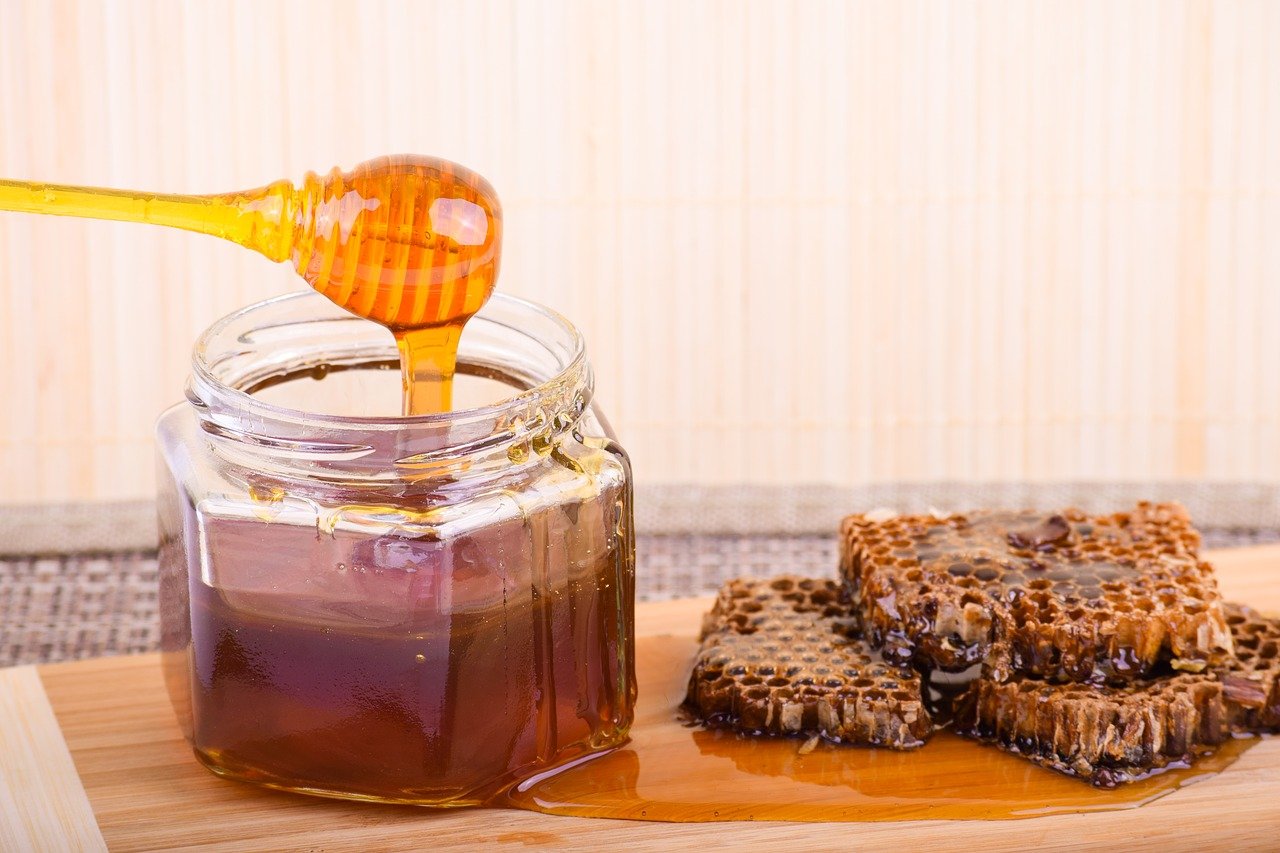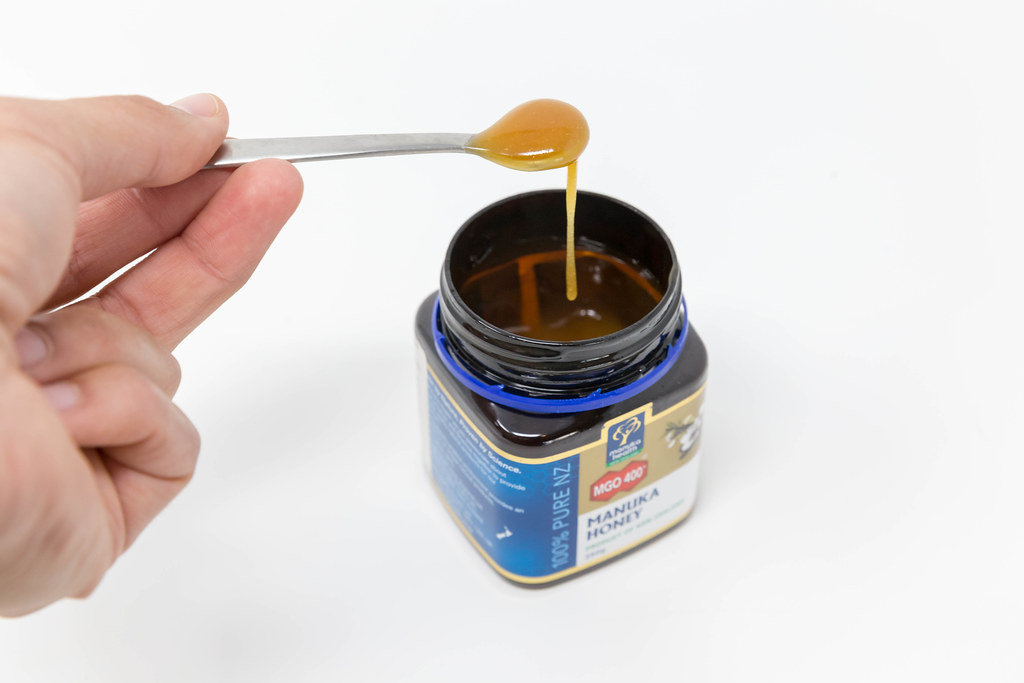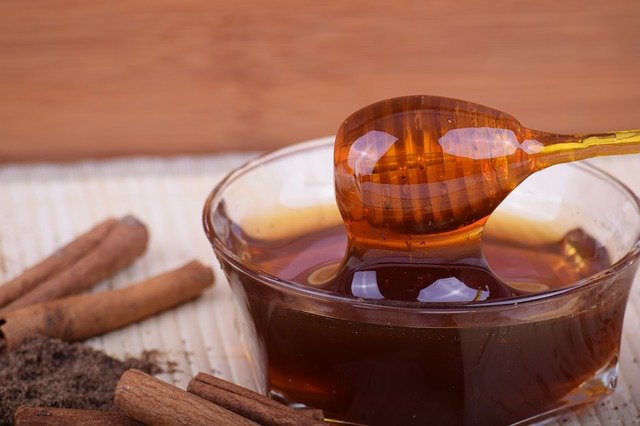Honey, also considered to be a superfood, is found in different variants. There is not much of a difference in the texture and color of honey in any form. All variants are thick liquids with a natural sweetener; however, the difference lies in the nutritional values that each variant has to offer.
Historically speaking, honey has not only served as a food, but it has also been useful for its therapeutic properties for centuries. Ancient civilizations have known to use honey for various remedies like digestive imbalances to sleep deprivation. The tradition still continues.
The earliest known honey to humanity was the Raw honey, but with time different varieties of honey have evolved. For example, Manuka honey, Rooftop honey, Alfalfa honey, Lavender honey, Eucalyptus honey, and many more. Amongst all honey available in the market today, Manuka honey is the most popular.
So how is Manuka honey different from Raw honey?
Before we elaborate on the differences between the two types of honey, let us know about the characteristics, merits, and demerits of both the honey in detail.
Raw Honey:

Honey that has been directly extracted out of the honeycomb is raw honey. In this form of honey, no filters are applied, and the liquid is not heated to remove any form of impurities.
Most people avoid consuming raw honey, considering it to be unhygienic. However, scientifically it has never been proven that raw honey is not healthy. Studies show that raw honey has more vitamins and nutrients than the regular honey available in the market. The regular honey is a filtered and processed product.
Another essential factor to consider is that raw honey is not readily available in any store selling such products. All the markets selling honey are processed products. Raw honey can only be obtained from the source of origin or if you were to know a beekeeper who sells raw honey at his farm. It takes time, money, and effort to extract raw honey.
Merits of Raw Honey:
- Raw honey is a hundred percent natural and without any additives. It is extracted directly from the hives and is without any filters and processing. It is the purest of all forms of honey.
- Any plant nectar can be used to make raw honey. You can also use the nectar from Manuka flowers to get raw honey. However, it is still raw honey as the liquid has not gone through any processing, but it does retain the Manuka plant's natural benefits.
- The process of extracting raw honey is straightforward. This process of getting raw honey from the honeycombs does not require straining, fermenting, or processing. Since it is meant to be consumed directly, it involves less work for the people associated with apiculture.
- Raw honey has no added sugar or concentrated sugar in it. Although many people consider this liquid in natural form to be unhygienic, it would never add calories to your food or increase your body weight. It can also be used a skincare routine.
Demerits of Raw Honey:
- Raw honey doesn't look clear or transparent as processed honey does. The color, too, is not that golden brown as is associated with honey available in the market.
- Raw honey might contain yeast in it since the liquid has not undergone any heating or fermenting process.
- The honey that is taken out directly from the hives is without straining. Thus, it could have dirt particles, honeycomb extracts, or lumps of dried honey, giving it a very unhygienic look.
- Raw honey is impure. As said earlier, since extraction does not follow the process of straining, there could be bits of pollen, wax, etc. present in raw honey.
Manuka Honey:

As the name suggests, Manuka honey is extracted from the nectar of Manuka plants found primarily in New Zealand and some specific regions of Australia. Manuka honey has a darker color or is more pigmented than the general color of processed honey. It has also got a thicker texture.
Since the Manuka plants do not grow everywhere, the honey produced from these plants' nectar is expensive. The plants grow only in these two countries, but Manuka honey is famous worldwide. In fact, in Australia, Manuka honey is also produced from the nectar of the Jellybush tree and Golden Tea tree.
Research has proven that Manuka honey has antibacterial properties and is also bacteria resistant. It has antiviral benefits as well. Apart from these, Manuka honey is excellent for skincare treatment and healing wounds.
Manuka honey has a Unique Manuka Factor or UFM, a rating system that helps you understand how effective the honey would be in treating bacterial infections. The more the rating, the better is the product.
Merits of Manuka Honey:
- Manuka honey has healing properties and works brilliantly on cuts and scratches.
- The honey can stop infections on wounds because of the antibacterial properties,
- It helps to remove acne and other skin blemishes.
- Manuka honey helps you recover from a sore throat and keeps you warm in cold weather.
- Regular intake of Manuka honey helps in having a healthier immune and digestive system.
Demerits of Manuka Honey:
- Since the nectar needed to make Manuka honey is only available in New Zealand and parts of Australia, it makes the production of the honey an expensive affair, thus raising the price of the final product.
- Manuka honey is not readily available. You would have to order online in general and then wait for it to be delivered to you.
- The honey is very thick, and it is not easy to have it on a spoon or spread it on any food. A little amount of effort is needed to have the honey of your choice.
Now let us understand the difference between Raw Honey and Manuka Honey
After having read about the characteristics, pros, and cons of both Raw honey and Manuka Honey, it is understood that both the variants have their own features. It depends on what benefits you are looking for in your honey. While Manuka honey is without any doubt more popular for its therapeutic benefits and also admired more as a product, raw honey has more nutrients present in it compared to other honey products since it is directly extracted from the hives.
- Raw honey is not as expensive as Manuka Honey. When it comes to availability, procuring Manuka honey is more streamlined since it is available online and in selected stores. For Raw honey, you might have to spend more time and effort to get in touch with a beekeeper or someone you know who extracts raw honey.
- Manuka honey has enhanced antibacterial and antiviral properties, and it is also bacteria resistant. Scientific research has proven the benefits of Manuka honey, which is not the case with Raw honey. Although Raw honey has healing properties, it does not have the enhanced features of Manuka honey. Moreover, Manuka honey is also beneficial for skincare treatment.
With all the benefits of Manuka honey, it still can't be taken more than twice a week, but you can have raw honey every day if you consider it to be hygienic.
Conclusion:
Raw honey and Manuka honey have both benefits and disadvantages. While Manuka honey is a processed variant, it has more enhanced benefits; however, Raw honey is unprocessed and direct from the honeycombs. So if there is a winner amongst both types of honey, Manuka honey wins it by a margin because of the remedial benefits that it has to offer.

